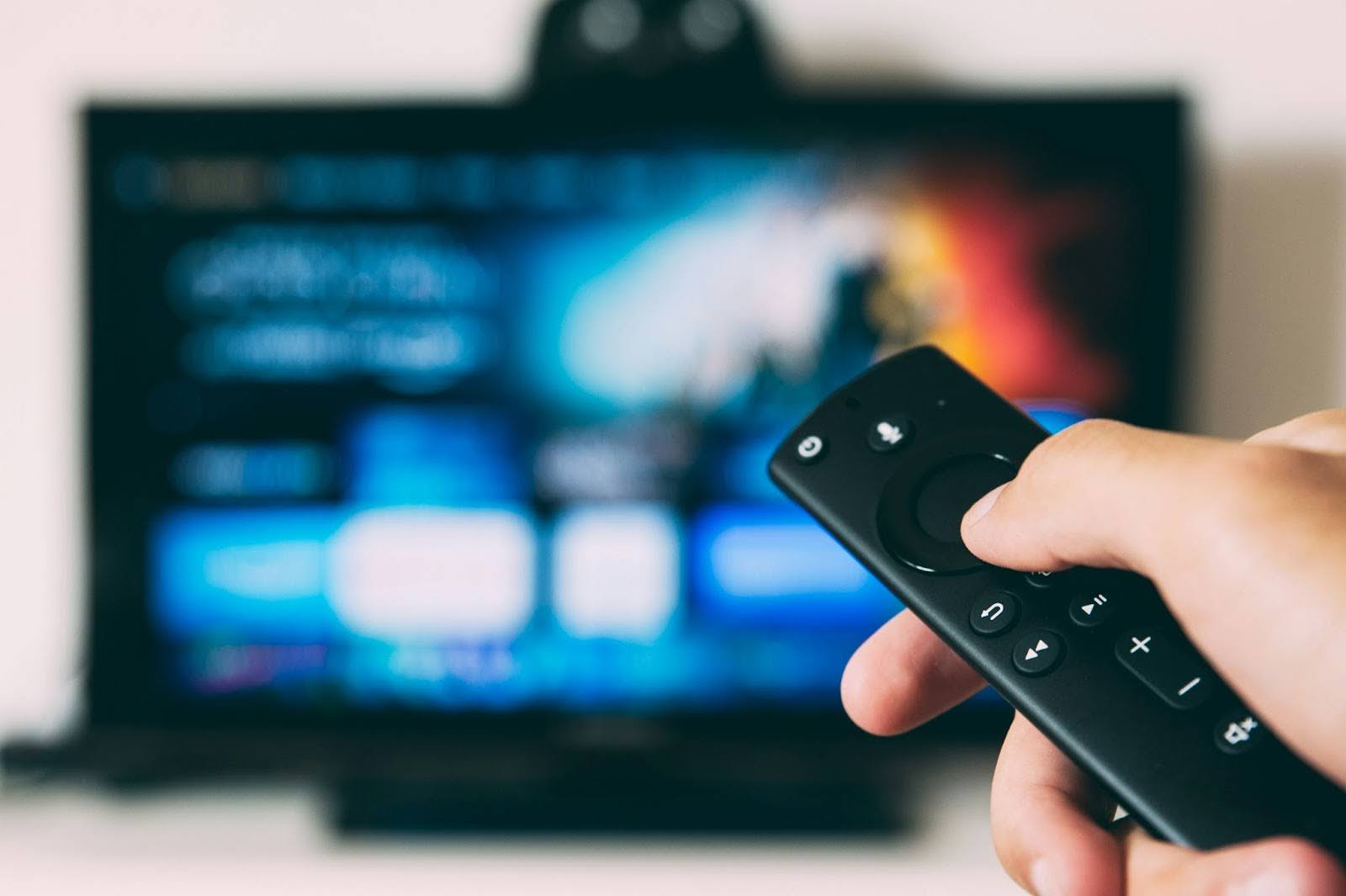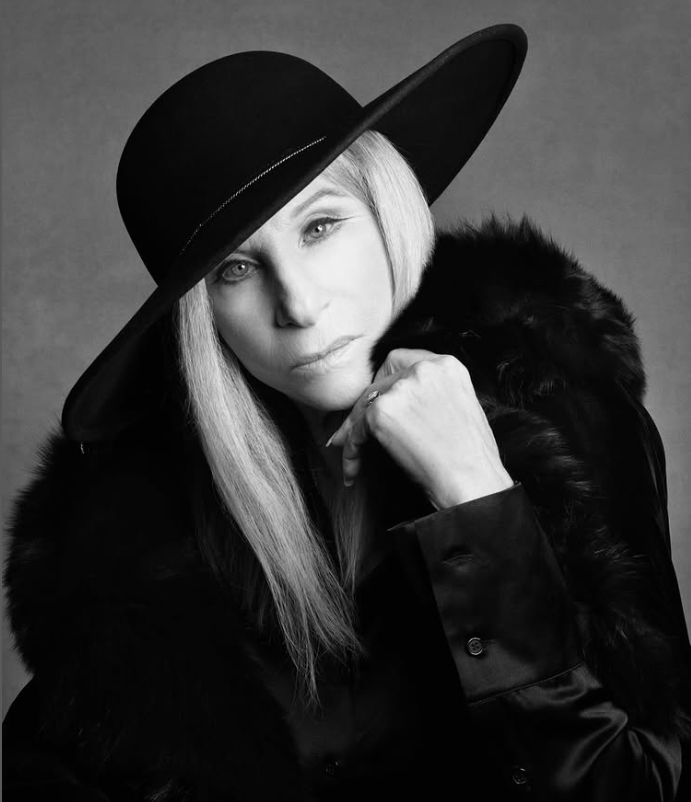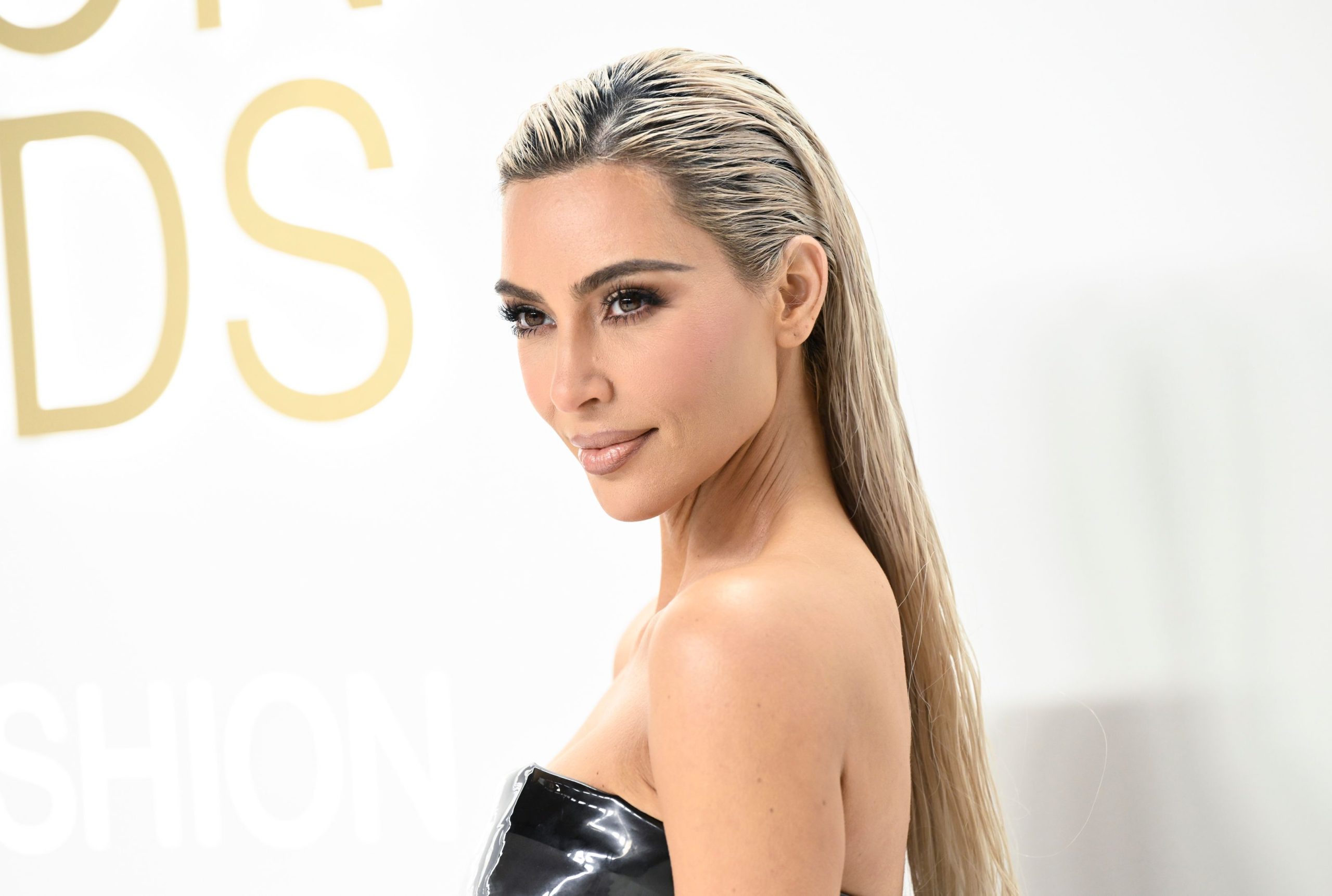Being the most famous man in the world is hard.
You can’t leave your hotel without being swarmed by fans, your every action is analyzed and often criticized, and you’re made into a role model you never asked to be. In the 80’s and 90’s, this was Michael Jordan’s reality. At the height of his famous winning streak with the Chicago Bulls, his image was plastered on billboards, TV ads, and sneakers. He was, definitively, the man who changed professional basketball forever and while doing so, he was among the most recognizable and talked about people in the world. Netflix’s new docuseries The Last Dance has made all of this abundantly clear. But its also made something else clear: The Michael Jordan of that era was not a kind or compassionate man. In fact, he was arrogant, often selfish, and even cruel to his teammates.
This, of course, isn’t brand new information. The series even touches on the first time Jordan’s bad behavior came to the attention of fans. Remember the publication of The Jordan Rules,a tell-all book by legendary sports writer Sam Smith? Contained in the book’s pages are countless recollections from Jordan’s teammates (anonymously, of course) of instances when Jordan had mercilessly berated them for playing badly, gotten physically violent with them, and even reportedly withheld food from them after a poor performance on the court. Smith said, “Players would come to me over the years and said, ‘You know what he did? He took Horace [Grant’s] food away on the plane because Horace had a bad game, [Michael] told the stewardesses ‘Don’t feed him, he doesn’t deserve to eat.'”
Another famous instance is when Jordan supposedly punched teammate Steve Kerr in the face, according to an anecdote Kerr told on the Dan Patrick Show. “I disagreed with him one time,” Kerr said. “I think he punched me in the face.” According to NBC sports, the “disagreement happened during a scrimmage at training camp when Kerr took offense to something Jordan said, and he didn’t refrain from expressing his true feelings.”
Jordan was also less than gentlemanly outside the world of basketball. He was sued by former mistress Karla Knafel in 2002 because he reportedly got her pregnant in 1991 and offered $5 million for her “to zip it, lock it and put it in her pocket” (a term he may or may not have used according to court documents). Of course, that can’t compare to the myriad of sexual assault allegations brought against super stars like Kobe Bryant and other professional athletes known for womanizing, using drugs, and generally using their star status to abuse and harm others. But still, it paints a picture of a man who valued his reputation as a champion above all else. This was further emphasized by his refusal to support North Carolina Democratic senatorial candidate Harvey Gantt in 1990, an African American who was running against the Republican Jesse Helms, a notoriously racist politician who was known, among other things, for blocking the creation of an African American History Museum. Reportedly, Jordan said of this refusal that, “Republicans buy sneakers, too.”
An even more public example of this arrogance and self-importance was Jordan’s infamous Hall of Fame acceptance speech, which ESPN columnist, Rick Reilly, called “by turns, rude, vindictive and flammable. And that was just when he was trying to be funny. It was tactless, egotistical and unbecoming.”
Michael Jordan’s Basketball Hall of Fame Enshrinement Speechwww.youtube.com
Of course, many people knew of these instances before the docuseries came out, but what’s most striking about The Last Dance is how poorly Michael comes off even though he had a significant amount of creative control over the series. The incidents mentioned above are, for obvious reasons, left out of the documentary, and plenty of highlight reels of Jordan’s great moments are included instead. It’s clearly meant to make Jordan look good, focusing on his work ethic, his loyalty to his team, and his red-hot drive to win at all costs. But somehow, despite the obvious bias, the documentary still can’t make Jordan likable.
In the footage meant to show Jordan as benevolent and patient with fans, his lack of interest is clear. While this alone is understandable given the constant onslaught of attention he dealt with, the footage of Jordan with his teammates is even more telling. At best, he jokes with them in a manner obviously meant to be belittling; at worst, he insults or ignores them. He even openly bullies Bulls general manager Jerry Krause. And given that Jordan obviously had to approve all the footage included in the series, one has to wonder what was left out, and how much worse it was.
It’s undeniable that Jordan was an athlete of the highest caliber, a champion who knew how to entertain a crowd while leading his team to victory. It’s also worth mentioning that given all the scandals in the professional sports world, Jordan had relatively few. His callousness was clearly driven by an insatiable desire to win, a factor many may use to excuse Jordan’s abusive, unkind behavior. Many tend to even claim that Jordan’s behavior was in fact necessary to his greatness, and without his harshness the Chicago Bulls would never have become the great team they were.
For all his arrogance, he undoubtedly revived the sport of professional basketball, electrified a city and a nation, and inspired countless people. Still, one has to ask: Does our culture value victory over kindness? Would you rather be a champion or a decent teammate and human? And most importantly of all: Is decency antithetical to greatness? Couldn’t Jordan have been the champion he was while still treating people with respect?












